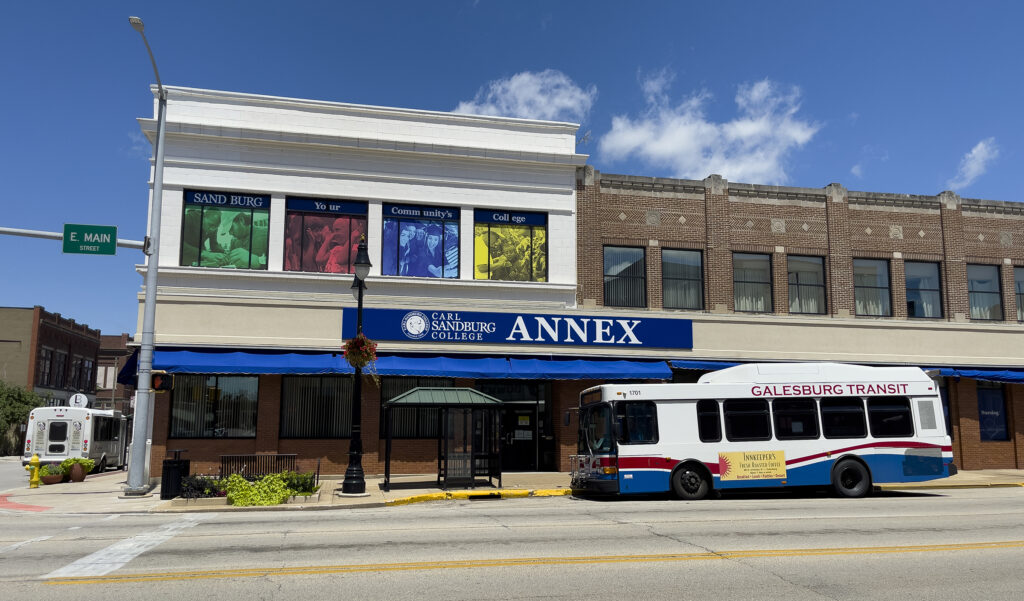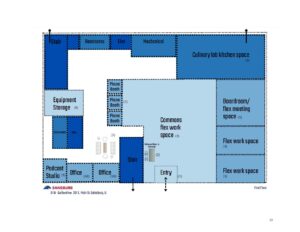T-Mobile Awards $50,000 grant to Moline Parks and Recreation for new soccer mini-pitch
QCBJ News Staff

CREDIT CARL SANDBURG COLLEGE
GALESBURG, Illinois – Carl Sandburg College’s plans for a new 518 Collective ag tech incubator to train students for tomorrow’s careers received a financial boost this week from the State of Illinois.

The 518 Collective incubator project, named in a nod to its college District No. 518, was awarded more…

Get immediate, unlimited access to all subscriber content and much more.
Learn more in our subscriber FAQ.
Do you want to read and share this article without a paywall?
